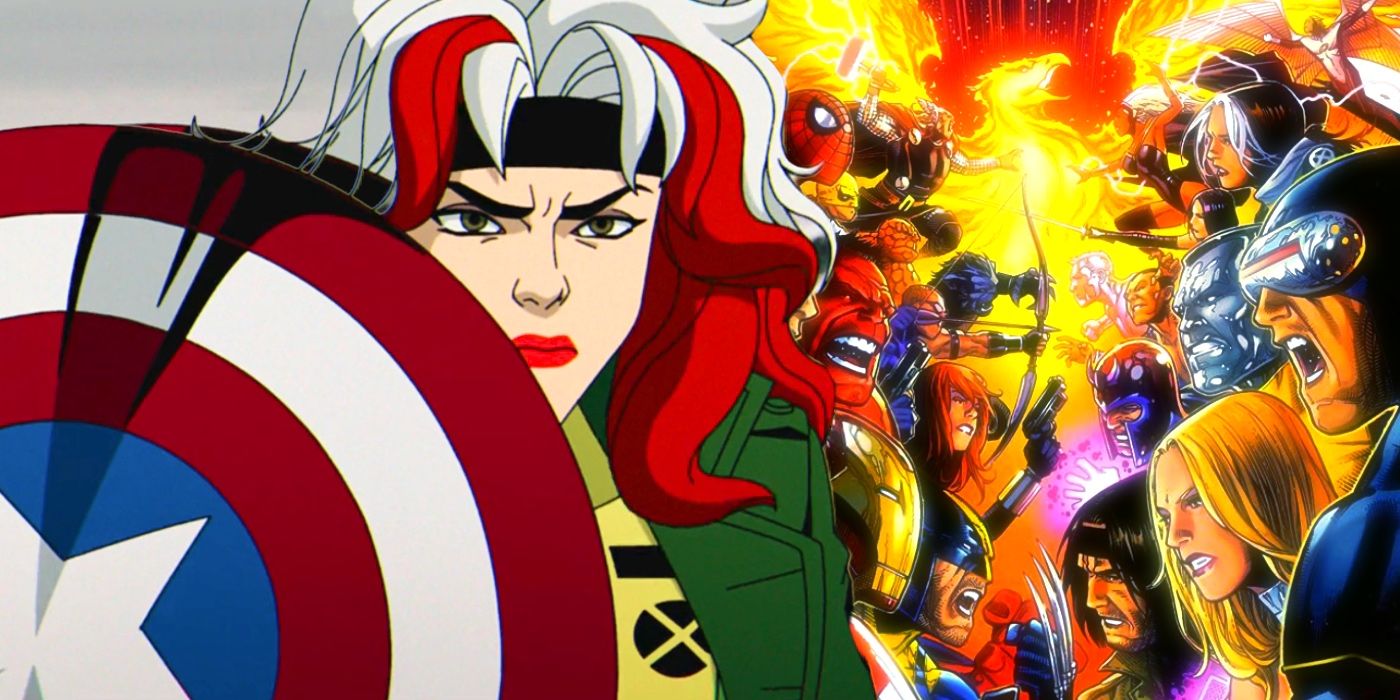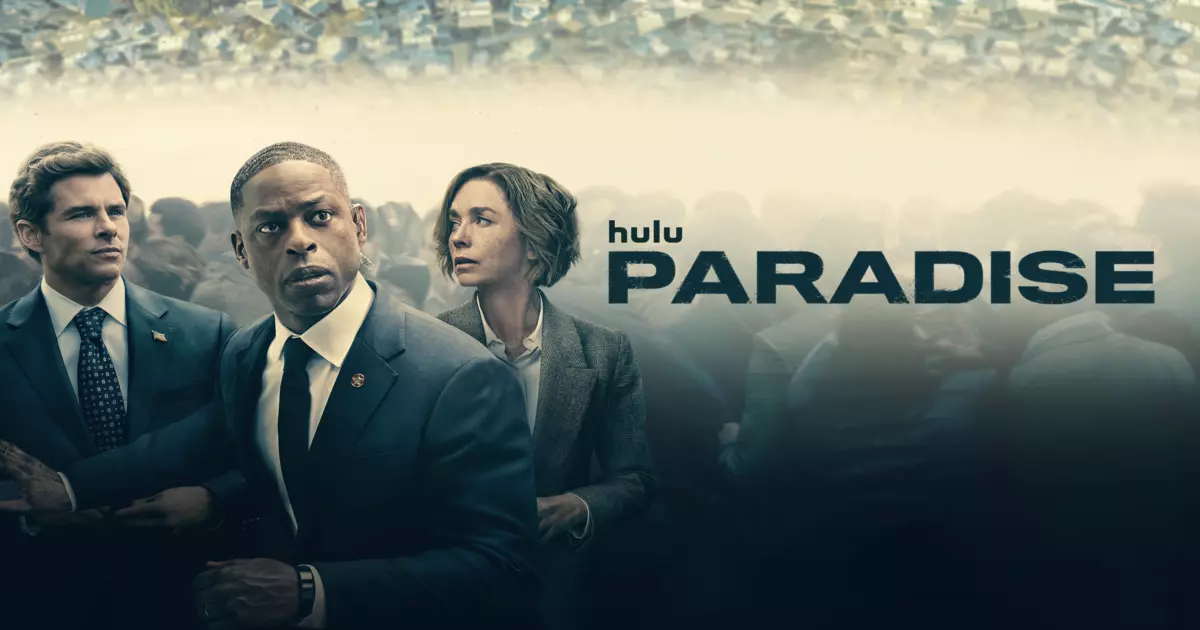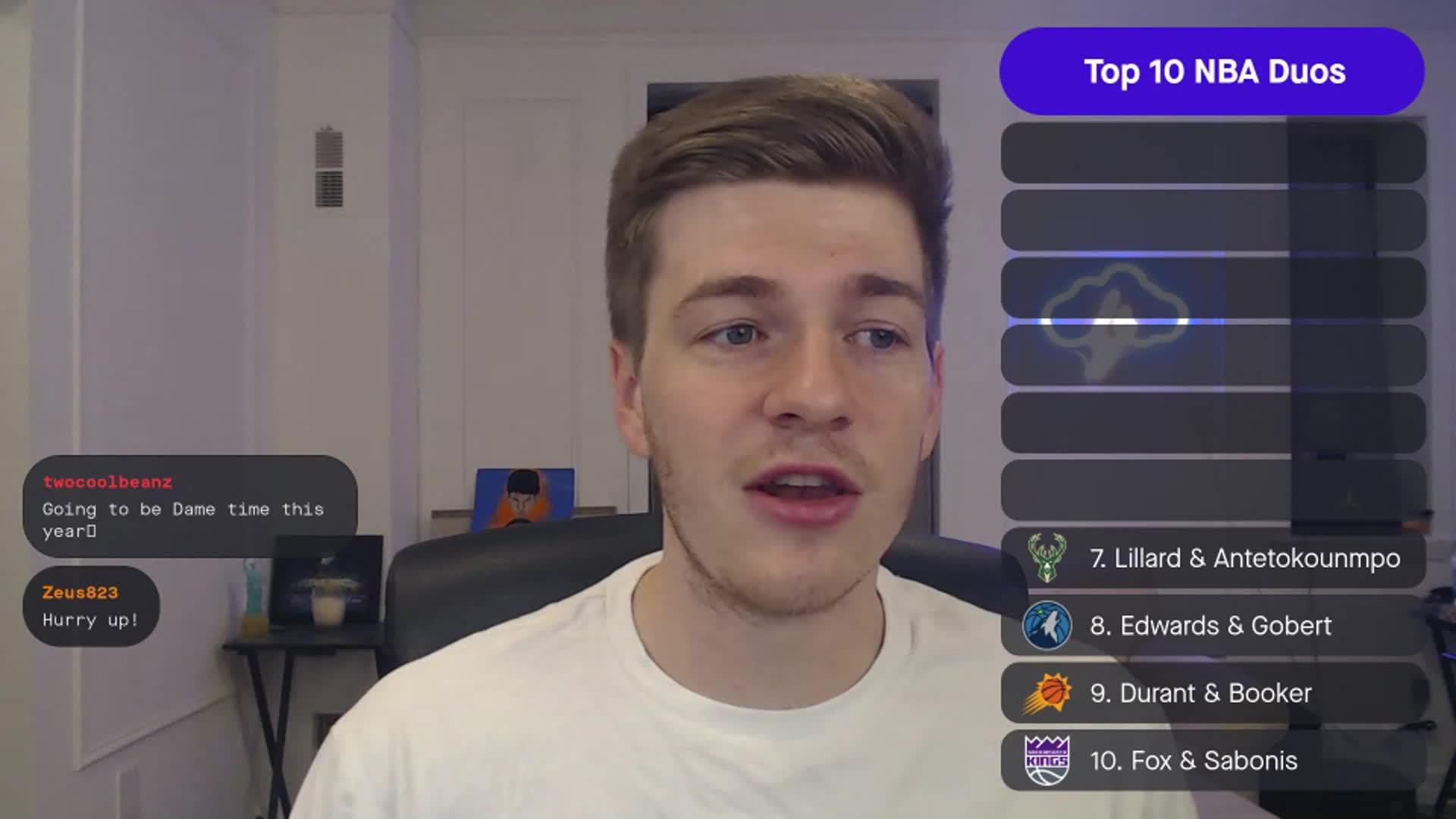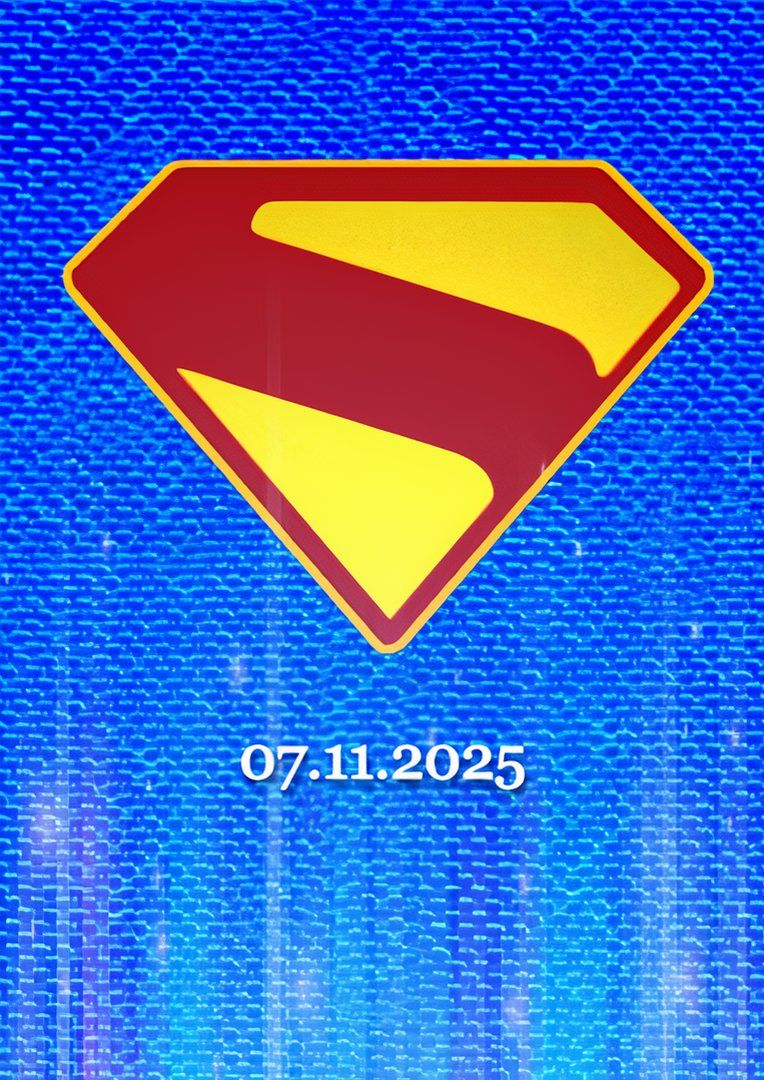Avengers Or X-Men: Where Does Rogue Truly Belong?

Table of Contents
Rogue's Powers and Their Implications
Rogue's power is both a blessing and a curse. Her ability to absorb the powers and memories of others is incredibly potent, making her a formidable force on the battlefield. However, this same power has also caused immense personal suffering and created significant challenges for team cohesion.
Power Absorption and Team Dynamics
- Conflict within the X-Men: Rogue's inability to control her power initially led to accidental harm of her teammates, creating a rift between her and the X-Men. The emotional toll of unintentionally absorbing the life force of others weighed heavily on her. Her power also limited her participation in certain missions, hindering effective teamwork.
- Challenges with the Avengers: While the Avengers are a more diverse team, Rogue's power still poses challenges. The reliance on quick, decisive actions in many Avengers missions creates a risk of unintended consequences due to Rogue’s unpredictable powers. The power dynamics within the Avengers, often characterized by independent, strong personalities, could also create conflicts with Rogue's emotionally charged approach to her abilities.
- Limitations on Teamwork: The inherent risk associated with Rogue's powers means she needs constant vigilance and careful planning, impacting team strategies and coordination. Trust, a crucial element in any superhero team, is significantly affected by Rogue’s inherent danger to her allies.
The Moral Grey Area
Rogue’s actions are often morally ambiguous. Her past, marked by tragedy and manipulation, has influenced her choices.
- Unintentional Harm: Many of her most devastating acts, like the near-fatal absorption of Ms. Marvel's powers, were unintentional consequences of her uncontrolled abilities. This highlights her struggle with the ethical implications of her powers.
- Impact on Team Trust: Her past actions have shaken the trust of both the X-Men and the Avengers. Rebuilding that trust requires consistent self-control and a willingness to atone for past mistakes. This constant struggle for redemption shapes her character arc significantly.
- Balancing Power and Morality: Rogue’s constant internal battle between harnessing her powerful abilities and managing their ethical repercussions shapes her moral compass. This constant tension showcases her growth and the internal struggle that defines her journey.
Rogue's Relationships and Loyalties
Rogue's deep connections and loyalties inform her potential allegiance to either team.
Connections with the X-Men
Rogue finds a sense of belonging and acceptance within the X-Men community.
- Gambit: Her complex relationship with Gambit is a cornerstone of her emotional development, providing both love and support.
- Professor X: The Professor's understanding and guidance have played a crucial role in helping Rogue control her powers and find acceptance.
- Mutual Understanding: The X-Men, largely comprised of outcasts and mutants themselves, offer a haven of understanding for Rogue, validating her experiences and struggles with her abilities.
Interactions with the Avengers
While Rogue's time with the Avengers has been more sporadic, it reveals potential for growth and different challenges.
- Different Team Dynamics: The Avengers' focus on immediate action and less introspective approach presents a different set of challenges for Rogue, requiring her to adapt to a more fast-paced dynamic.
- Potential Alliances: Working alongside powerful figures like Captain America or even someone like Thor could offer new learning opportunities for better self-control and strategic thinking.
- Acceptance and Understanding: The Avengers offer a different kind of support, based more on shared mission objectives than the deep-rooted sense of community found amongst the X-Men.
Rogue's Character Arc and Evolution
Rogue’s journey is a testament to resilience and personal growth.
From Villain to Anti-Hero to Hero
- Early Years: Initially portrayed as a villain, her actions were driven by her lack of control and manipulation.
- Anti-Hero Phase: As she gained control over her powers, she transitioned into an anti-hero, often acting in morally gray areas.
- Heroic Acts: Through dedication and self-reflection, Rogue finally establishes herself as a capable and valued member of both teams.
Self-Acceptance and Finding Her Place
Rogue's quest for self-acceptance is pivotal to her character.
- Overcoming Obstacles: She continuously battles self-doubt and the consequences of her powers.
- Finding Strength: Her journey highlights her inner resilience, as she perseveres despite setbacks and emotional trauma.
- Belonging: Her search for belonging is a continuous theme throughout her narrative. Where she truly belongs depends on her emotional needs as much as her heroic capabilities.
Conclusion
Rogue's complex character and unparalleled abilities make her a unique figure in the Marvel universe. Her journey with both the X-Men and the Avengers highlights the importance of belonging, self-acceptance, and the continuous evolution of one's identity. While her strong ties with the X-Men are undeniable, her adaptability and potential contributions to the Avengers cannot be overlooked. Ultimately, where does Rogue truly belong? Debate, discuss, decide! Join the discussion and share your thoughts on whether Rogue is better suited to the Avengers or X-Men in the comments below!

Featured Posts
-
 Where To Stream Andor Season 1 Hulu And You Tube
May 08, 2025
Where To Stream Andor Season 1 Hulu And You Tube
May 08, 2025 -
 Oklahoma City Thunders Public Rebuke Of National Media
May 08, 2025
Oklahoma City Thunders Public Rebuke Of National Media
May 08, 2025 -
 Sms Dolandiriciligi Sikayetlerinde Artis Son Dakika Gelismeleri
May 08, 2025
Sms Dolandiriciligi Sikayetlerinde Artis Son Dakika Gelismeleri
May 08, 2025 -
 Jan 6th Falsehoods Trump Supporter Ray Epps Files Defamation Suit Against Fox News
May 08, 2025
Jan 6th Falsehoods Trump Supporter Ray Epps Files Defamation Suit Against Fox News
May 08, 2025 -
 I Just Watched The New Superman Footage Krypto Steals The Show But This Moment Is Huge
May 08, 2025
I Just Watched The New Superman Footage Krypto Steals The Show But This Moment Is Huge
May 08, 2025
